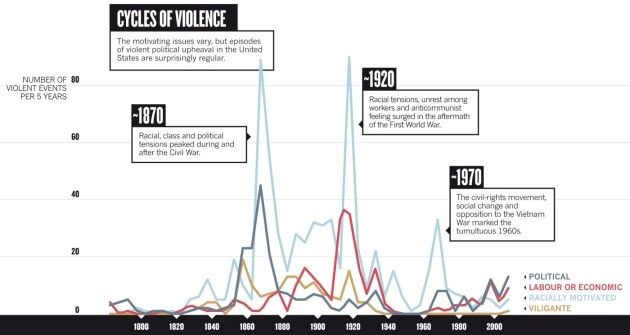Over the years some of the themes I’ve touched upon in this blog have been about the outdated paradigms shaping public policy. The realisation came to our acute attention with the ongoing economic crisis since 2008. The crisis has precipitated and energised new thinking in economics, as evidenced by the creation of the Institute for New Economic Thinking. The Institute is a place to explore cutting edge ideas, and challenge calcified theories that have prevented the field from keeping pace with the intellectual advances in the natural sciences. However in the coming years the social sciences and humanities will also see great leaps forward in thinking that can potentially transform our political and socio-economic systems.
A book to be published by IPPR, the Institute for Public Policy Research contributes to bringing about this transformation. The book, ‘Complex new world: Translating new economic thinking into public policy’, explores various economic complexities that challenge traditional economic theory.
We live in uncertain economic times. The financial crash and subsequent downturn have shaken the global economic system to its core. If one thing is certain, it is that the events of recent years have thrown mainstream economic thinking into disrepute. In the aftermath of the crash, scholars and commentators are turning to new, heterodox economic theories as a way of better understanding how the economy really works and how the economic system might be managed more effectively. Yet although new economic thinking offers a far better account of how the economic system functions, we don’t yet have a clear idea of its implications for policymaking. In economic policymaking, orthodox economics remains the only game in town.
The shaking of disciplines is also evident in history as the field of cliodynamics attempts to apply scientific methods to understand human history. There are some historians who are deeply sceptical, which a Nature article highlighted earlier this month,
Most historians have abandoned the belief in general laws.

SOURCE: Turchin, P. J. Peace Res. 49, 577–591 (2012)
The challenge for humanity’s intellectuals is to unravel the complexities of human systems and discover the ‘laws’ which govern them so that we are able to meet the great challenges facing us this century. As my colleagues keep telling me we need more social scientists, as we try to build a great team of thinkers. It’s a good time to be in the arts, social sciences and humanities. Great changes are afoot.
.….….….….….….….….….….….….….….….….…
Image
The image shows research by Peter Turchin who “analysed historical records on economic activity, demographic trends and outbursts of violence in the United States, and has come to the conclusion that a new wave of internal strife is already on its way.”








Comments are closed.